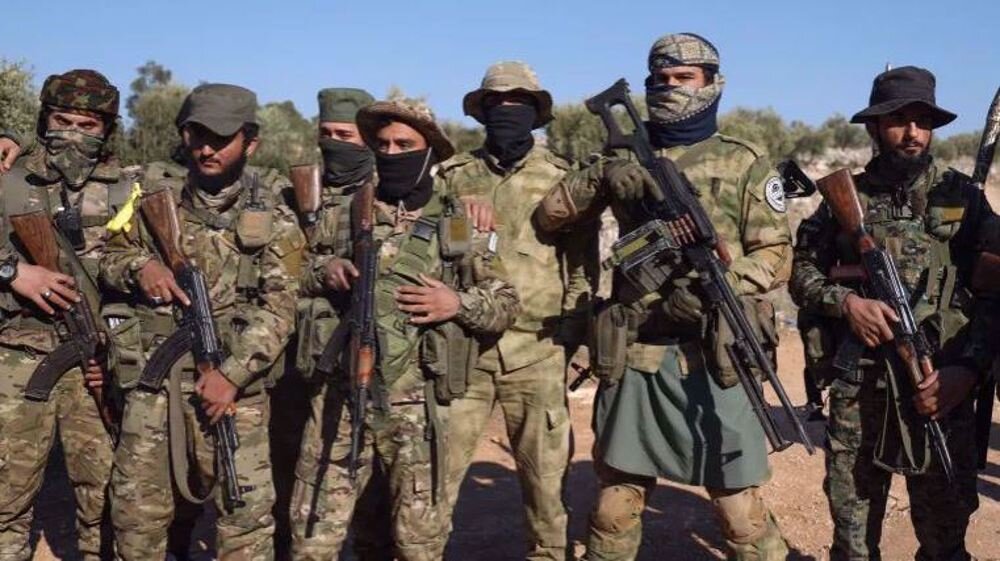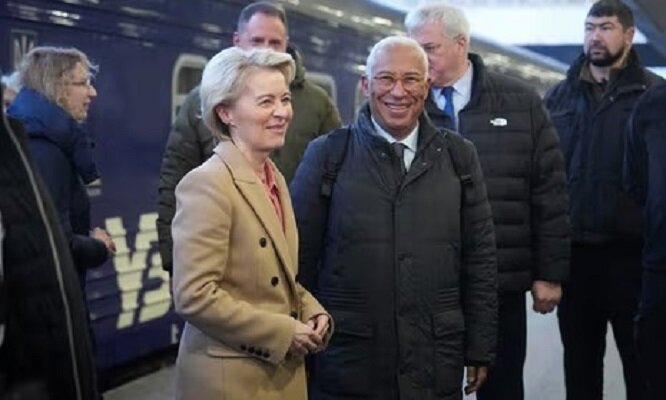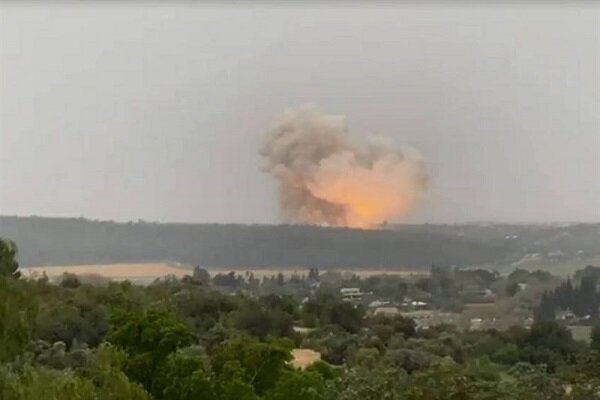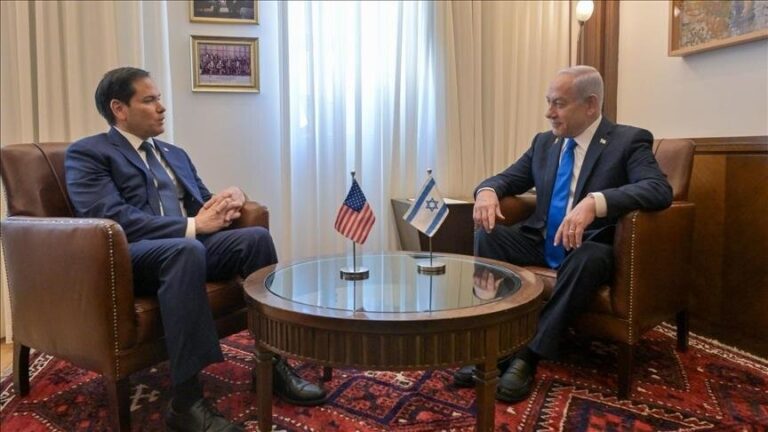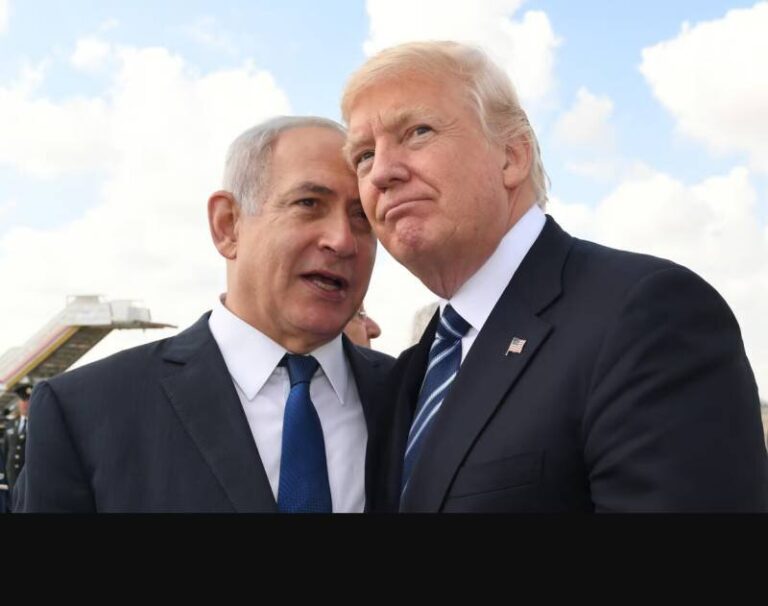HTS-Led Syrian Forces Capture Key Islamic Jihad Officials in Strategic Operation
In recent developments, reports indicate that Khaled Khaled, who leads the Syrian arena for the Gaza-based Islamic Jihad, along with Abu Ali Yasser, a key figure in the resistance movement’s executive committee in Syria, have been detained by militants from Hay’at Tahrir al-Sham (HTS). This significant event has caught the attention of various media outlets, including Press TV, but there has been no official confirmation from the Syrian government regarding these arrests.
The arrests took place in the context of increased pressure from the United States, which continues to refuse recognition of the HTS-led administration in Damascus. Washington has made a formal demand that the HTS-controlled region of Syria prohibit all “Palestinian groups” from operating and fundraising within its borders. This request comes in the wake of significant political changes following the ouster of Bashar al-Assad in December.
However, the term “Palestinian groups” remains ambiguous and undefined, which raises serious concerns regarding the potential implications of the ban. It is important to note that Syria hosts a substantial population of over 600,000 Palestinians and numerous organizations that represent both resistance and civil service interests.
- U.S. Motives: The exact motivations behind the U.S. actions are still unclear. Analysts suggest that a primary objective of supporting regime change in Syria is to diminish the country’s historical backing of the Palestinian cause.
- Impact of Sanctions: At the same time, U.S. sanctions and restrictions related to Israel are severely hindering Syria’s reconstruction efforts.
- HTS Stance: While HTS has publicly called for the disarmament of all factions, including Palestinian groups, it has yet to implement a thorough ban on their activities.
The vagueness of the U.S. demand, combined with the lack of a definitive promise for sanctions relief, suggests that Syria may choose to comply without receiving any tangible benefits. This situation raises the possibility that the U.S. could argue for non-compliance if Syria does not adhere to its demands, or simply opt against renewing the sanctions waiver established during the Biden administration.
The current temporary waiver of sanctions is contingent upon meeting demands from the previous Trump administration, which HTS must fulfill to secure any extension. This political maneuvering complicates the already tense situation in the region.
In summary, the arrests of key figures within the Islamic Jihad by HTS mark a significant moment in the ongoing conflict involving Syrian governance and Palestinian representation. The implications of U.S. policy and demands are profound, particularly considering the complexities surrounding the status of Palestinian groups in Syria.
As the situation develops, it will be crucial to monitor both the internal dynamics within Syria and the external pressures from the U.S. and its allies. The future of Palestinian representation in Syria hangs in the balance, influenced by both regional politics and international relations.
This unfolding story continues to highlight the intricate web of alliances and conflicts in the Middle East, emphasizing the critical need for clarity in U.S. policy regarding Palestinian groups and their activities within Syria.
For further updates on this situation and its implications for the region, stay tuned to reliable news sources.
